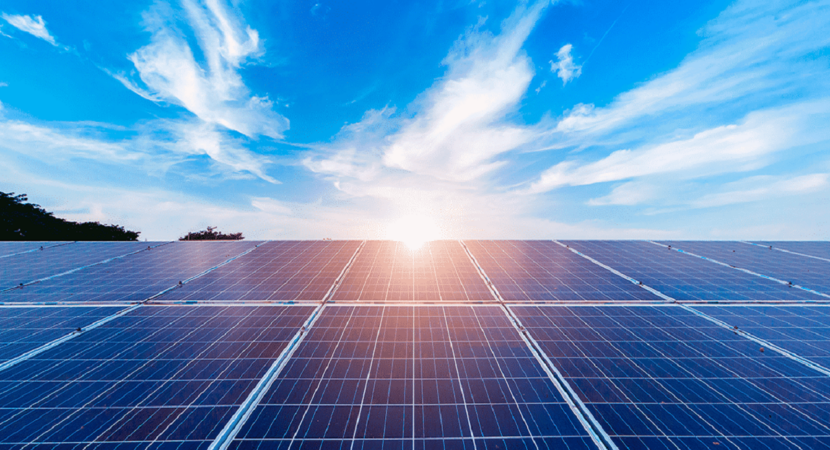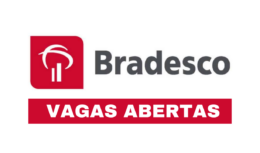
With the arrival of the Legal Framework for Distributed Generation, popularly known as “taxation of the sun”, the electricity bill of those who adhere to the use of solar energy in the coming years may become more expensive, due to the implication of paying the installation fee for the panels. photovoltaics
At the beginning of January 2022, the Distributed Generation Legal Framework was sanctioned, which will make the generation of solar energy in homes more expensive. However, there is still time to escape the “taxation of the sun”, which is how this charge is being called. See more below about this new charge and reduced savings on your electricity bill.
Read other related news
Understand why solar power generation will become more expensive
The generation of solar energy in homes now has fixed rules to be followed. Despite the new law assigning a tax to the installation of solar panels – which did not exist before – the Legal Framework for Distributed Generation will bring more legal certainty.
The new charge called “taxation of the sun” will reduce the savings on the electricity bill of those who previously sought the system precisely to save. With the sanction of Law No. 14.300 / 2022, on January 7, 2022, the Legal Framework for Distributed Generation institutes the costs of distributing solar energy to those who generate it at home through the on grid system, a system that is connected to the distribution network when charging the electricity bill. of conventional electricity.
Savings for solar energy users was precisely the question of the cost of installing photovoltaic panels, as there was no payment of this fee, something that generated great savings on the electricity bill.
Despite the Legal Framework for Distributed Generation and taxation of the sun, the solar energy system has not lost its attractiveness
Even with the “sun tax” of the new Distributed Generation Legal Framework, adopting the solar generation system did not lose its attractiveness, as the legal framework established that those who had already installed the solar energy system at home before the sanction of the new Law or whoever performs the installation within a period of 12 months from the publication of the Law, remains exempt from the “sun tax” on the electricity bill until the year 2045.
This means that there is still time to install photovoltaic panels at home and enjoy this type of cost-effective solar energy generation – even if this does not mean that those who install photovoltaic panels after this period will not have savings on their electricity bills, since the adoption of the system, whether or not there is a charge for the installation, is still more viable and economical than the current use of conventional electricity, which is becoming more expensive every day due to the water crisis.
Those who adopt solar energy generation after January 7, 2023, also do not need to worry about the “sun tax”, as the charge for installing and using the network will not be absurd either, as many have imagined.
Understand FIO B charges within solar energy generation, according to the new distributed generation framework
“Art. 27. The energy billing of the participating units of the SECS not covered by art. 26 of this Law must consider the levy on all active electric energy compensated by the following percentages of the tariff components related to the remuneration of the assets of the distribution service, the quota of regulatory reintegration (depreciation) of the distribution assets and the cost of operation and maintenance of the distribution service:
- I – 15% (fifteen percent) from 2023;
- II – 30% (thirty percent) from 2024;
- III – 45% (forty-five percent) from 2025;
- IV – 60% (sixty percent) from 2026;
- V – 75% (seventy-five percent) from 2027;
- VI – 90% (ninety percent) from 2028;
- VII – the rule set forth in art. 17 of this Law from 2029.
In this section of the Law, the staggering of the charge for Wire B is explained, always remembering that article 17 referred to in the seventh year of the transition, deals with the “delegation” of power to ANEEL (National Electric Energy Agency) to determine the tariff rules that will regulate the class from the year 2029, resulting from the so-called “accounts meeting” for valuation of DG costs and benefits.
In this way, those who start their approval process from 07/01/2023 will already be subject to the new rules of non-compensation for Wire B. That is, if your client connects the project to the distribution network in the year 2023, he will pay Wire B on the energy bill in a staggered way over the years, as shown below:
Access Request filed on 07/01/2023: will pay 15% of Fio B in 2023, 30% of Fio B in 2024 and so sequentially until the seventh transition year where it will be paying 90% of Fio B plus the percentage that ANEEL determines or not after the valuation of GD benefits ;
Access Request filed on 07/01/2024: will pay 30% of Fio B in 2024, 45% of Fio B in 2025 and so sequentially until the seventh transition year where it will be paying 90% of Fio B plus the percentage that ANEEL determines or not after the valuation of GD benefits .
Compared to other countries, Brazil continues to have less impact on the pockets of those who use solar energy
Absolar (Brazilian Association of Solar Photovoltaic Energy) reported that the new established transition rules mitigate the impact regarding the return on investment time, the payback, of the systems that have a closer implementation period.
Despite the implementation of the Distributed Generation Legal Framework, the changes continue to be the most favorable, if we take into account other parts of the world, where laws are being revised or new rules are being implemented, such as California (USA), Nevada (USA) and Holland, in Europe.












Air Force F-16 fighters…
True friend, what they shot down were…
Air Force F-16 fighters…
I would like to know what planet you live on…
Air Force F-16 fighters…
Which genocide are you talking about? Than…
Air Force F-16 fighters…
Everything is fine, 100-year secrecy,…
Air Force F-16 fighters…
Well... It's flying scrap... Typical...
Hello, I work in construction and if…
I would like information about employment in agriculture
Good afternoon, I would like to work, I work…
See,Mineradora Amazonas Graphene The major application
I want. I am a building electrician and I have…
Caxias removes himself in the tomb, ashamed of…
If I want to paint more curbs, I…
I am an agronomist with experience in several…